The death of opposition politician Alexei Navalny in a remote Arctic prison last week has dominated headlines and put a spotlight on the brutality of Russia’s penitentiary system.
The U.S. State Department in its 2022 Human Rights Practices report described conditions in Russia’s prisons as “harsh and life-threatening,” noting that inmates are systematically abused by prison guards and political prisoners are generally “placed in particularly harsh conditions and subjected to punitive treatment.”
Navalny — though arguably the most famous — is not the first activist to have died while held in this system, which has often been compared by observers to its infamous predecessor, the Soviet gulag camp system.
The Moscow Times has compiled the stories of five high-profile prisoners who died in Russian detention over the years:
Sergei Magnitsky
Lawyer Sergei Magnitsky passed away in Moscow’s notorious Matrosskaya Tishina (Seaman’s Silence) prison in November 2009.
Magnitsky was jailed after exposing a multi-billion-ruble corruption scheme waged by a group of senior Interior Ministry officers who fraudulently took over several companies owned by the lawyer’s client, the U.K.-based investment firm Hermitage Capital Management.
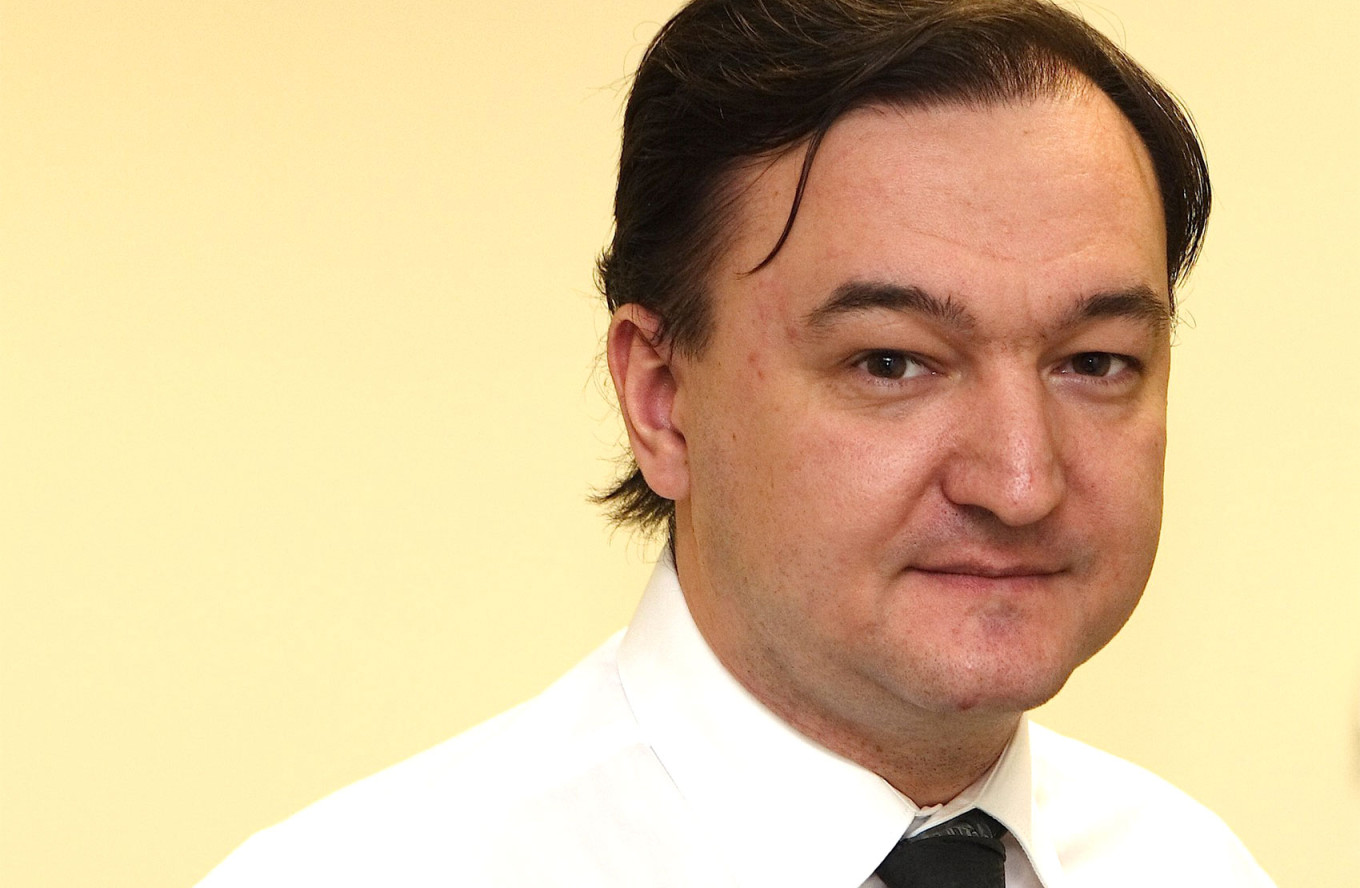
The whistleblower was denied medical treatment throughout the yearlong imprisonment, most of which he spent at another infamous Moscow prison, Butyrka.
Russian officials listed toxic shock and heart failure brought on by pancreatitis as the official causes of Magnitsky’s death. Human rights defenders maintained that the lawyer was not only denied treatment for life-threatening medical conditions but also severely beaten right before his death.
Magnitsky’s death in custody sparked global outcry and prompted Hermitage Capital’s CEO Bill Browder to wage the Global Magnitsky Justice Campaign, seeking to impose targeted sanctions and visa bans on officials incriminated in his lawyer’s death.
The so-called “Magnitsky legislation” has since been passed by several states and territories, including the U.S., U.K., Canada and the European Union.
In 2019, the European Court of Human Rights found Russia guilty of violating Magnitsky’s rights to life, liberty and security, while also confirming that the lawyer was “ill-treated shortly before dying.”
Dmitry Kolker
Spectral imaging scientist Dmitry Kolker was arrested on suspicion of treason on June 30, 2022, at a hospital in the Siberian city of Novosibirsk where he was undergoing treatment for Stage 4 pancreatic cancer.
Kolker was transported straight from the hospital to Moscow’s notorious Lefortovo prison. The scientist died in custody two days later at age 54.
Kolker, Ph.D., headed Novosibirsk State University’s quantum optical technologies laboratory and was known to have given lectures at a Chinese university.
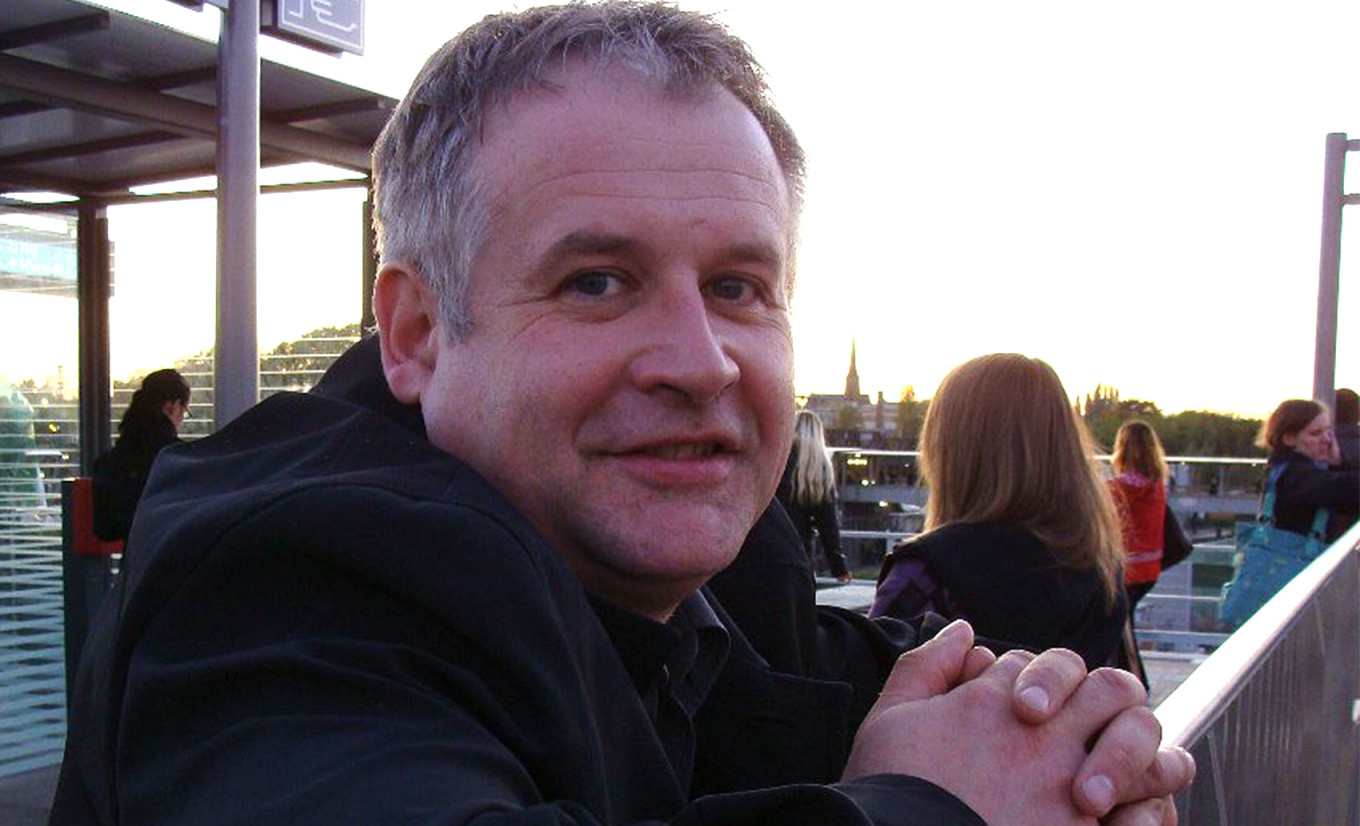
Russian authorities accused the scientist of sharing state secrets with China, according to his son.
“There was an FSB officer with him everywhere who flew with him to China, forbidding him to speak in English and to give the lecture in English,” Maxim Kolker told the Siberia-based news outlet Tayga.info, referring to a Federal Security Service operative.
Dzhemil Gafarov
Crimean Tatar activist Dzhemil Gafarov, 60, died in a detention center in Russia’s southern city of Novocherkassk on Feb. 10, 2023.
Gafarov was one of 25 activists arrested by Russian law enforcement in March 2019 in what human rights defenders deemed as one of the largest waves of repressions against Crimean Tatars since Russia’s annexation of Crimea in 2014.
The activists — most of whom were members of the Crimean Solidarity human rights group — were detained over alleged links with Hizb ut-Tahrir, an international pan-Islamist political organization outlawed in Russia.
In January 2023, a court in Rostov-on-Don convicted Gafarov of participating in activities of a terrorist organization and preparing for a violent seizure of power and sentenced him to 13 years in prison.
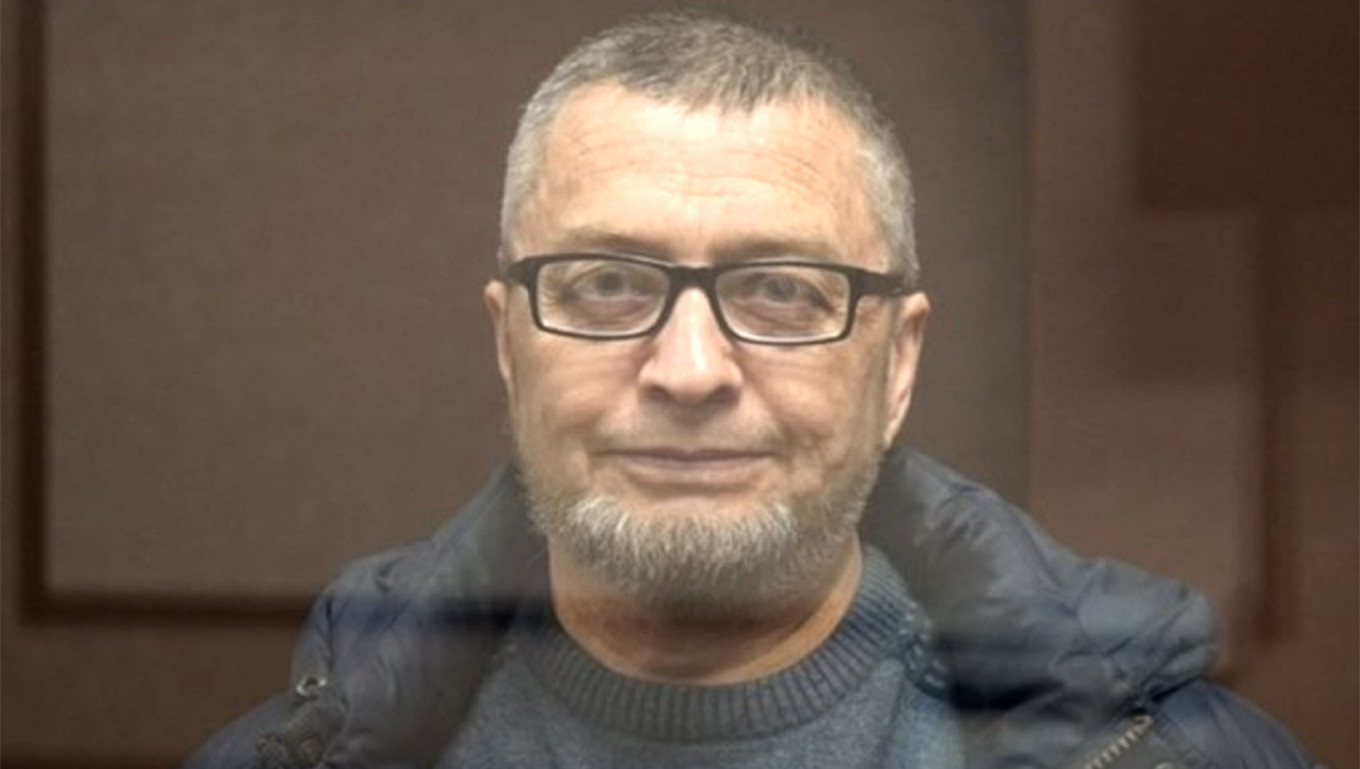
Gafarov was recognized as a political prisoner by Memorial human rights group, which maintains that all charges against him were “not supported by any real evidence.”
Gafarov, who was diagnosed with kidney failure and survived a heart attack in November 2022, was repeatedly denied the medical care and meetings with his lawyer that he requested, human rights defenders say.
Russia’s Investigative Committee refused to open an inquiry into Gafarov’s death.
Anatoly Berezikov
Anatoly Berezikov, a 40-year-old DJ and ex-volunteer with Alexei Navalny’s Rostov region headquarters, died in a detention center in the southern city of Rostov-on-Don on June 14, 2023.
Berezikov was first arrested on May 11, 2023, on charges of disobeying police and sentenced to 10 days in detention. Upon his release from the detention center on May 21, he was arrested again for allegedly “harassing pedestrians and resisting the police.”
Berezikov denied all charges against him.
Despite efforts of his lawyer and local activists, Berezikov was rearrested for the third time when exiting a detention facility on May 31.
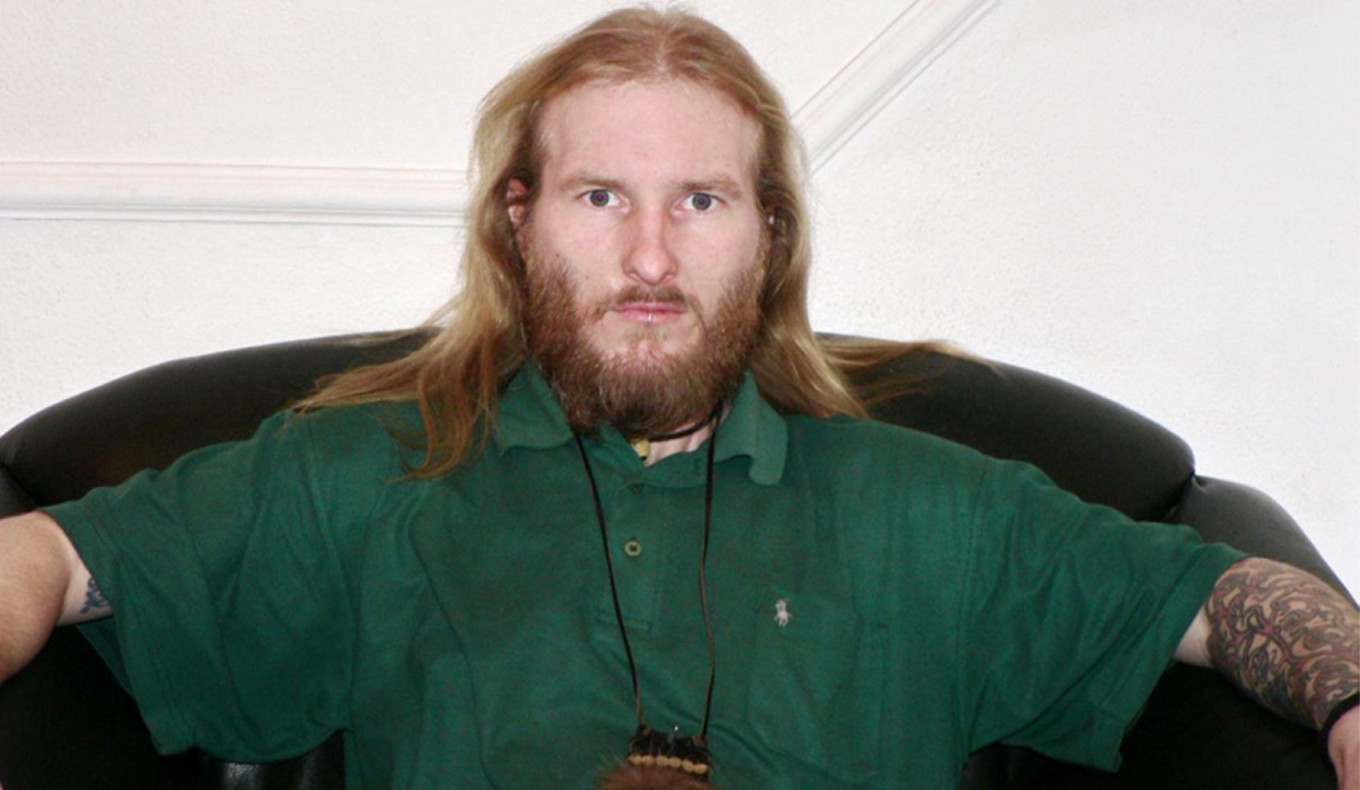
Human rights advocates believe Russian authorities intended to charge Berezikov with treason for his anti-war activism and accuse them of using the multiple arrests as a ploy to pressure him into pleading guilty without a lawyer.
The authorities claim that Berezikov committed suicide while in detention, but his lawyer Irina Gak maintains her client may have been killed during torture. Gak said that she recorded traces of electric shock torture on Berezikov’s body when visiting him the day before his death.
Following his funeral, FSB officers searched the homes of lawyer Gak and human rights defender Tatyana Sporysheva, who also worked on the activist’s case. Both women were forced to flee the country.
Rifat Dautov
Rifat Dautov, 37, died on Jan. 25 shortly after he was arrested by security forces in his native Bashkortostan over alleged participation in last month’s mass demonstrations in support of jailed Bashkir activist Fayil Alsynov.
Dautov’s sister Zaliya Akhmadieva told journalists that police detained her brother in the village of Novye Chebenki in southwestern Bashkortostan. The following day, his parents were contacted by a coroner to identify his body.
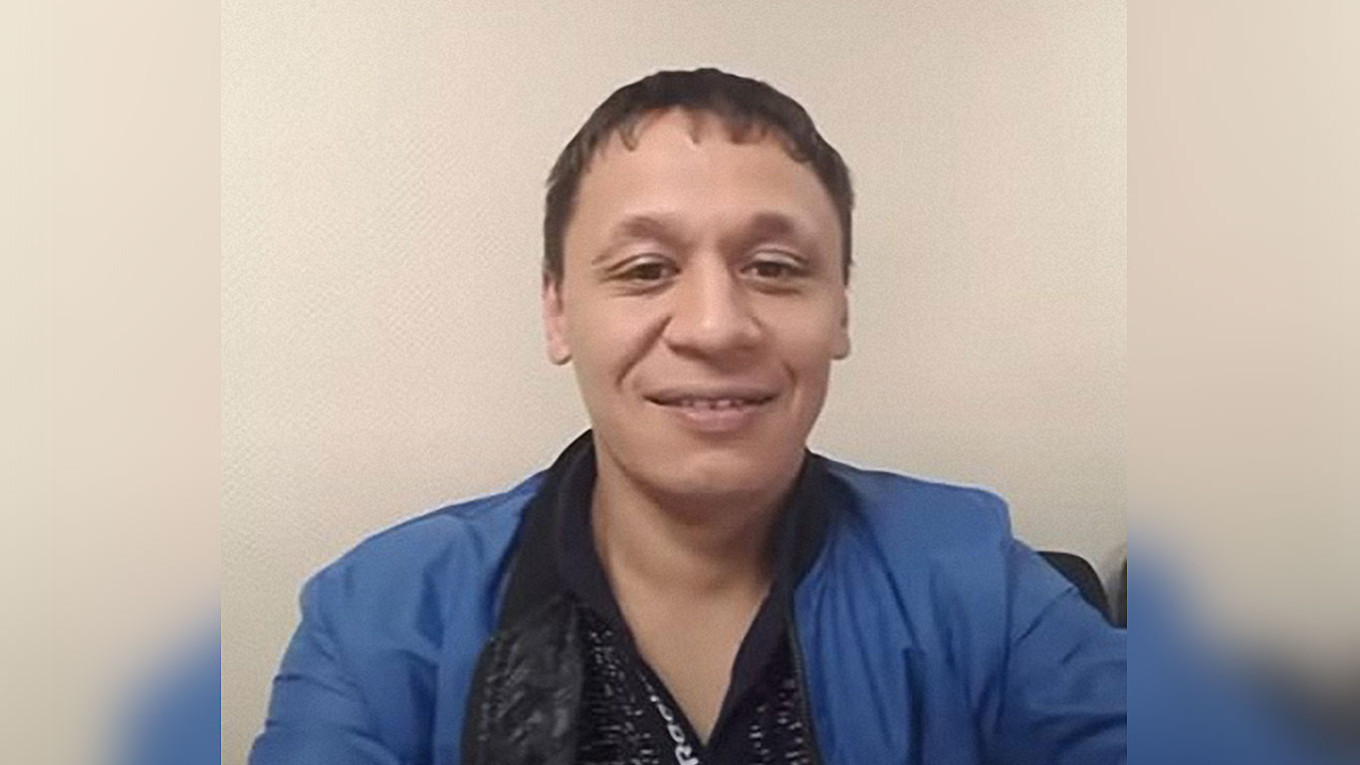
Bashkir authorities claim Dautov died from a heart attack caused by heavy intoxication. His sister however insists that he did not drink alcohol as a devout Muslim, nor did he take part in the protests in support of Alsynov.
Human rights defenders have called on the government of Bashkortostan to investigate the circumstances of Dautov’s death.
A few weeks after Dautov’s death, activists in Bashkortostan confirmed the passing of 65-year-old Minniyar Bayguskarov, another local man who faced criminal investigation over the mass protests.
… we have a small favor to ask.
As you may have heard, The Moscow Times, an independent news source for over 30 years, has been unjustly branded as a “foreign agent” by the Russian government. This blatant attempt to silence our voice is a direct assault on the integrity of journalism and the values we hold dear.
We, the journalists of The Moscow Times, refuse to be silenced. Our commitment to providing accurate and unbiased reporting on Russia remains unshaken. But we need your help to continue our critical mission.
It’s quick to set up, and you can be confident that you’re making a significant impact every month by supporting open, independent journalism. Thank you.